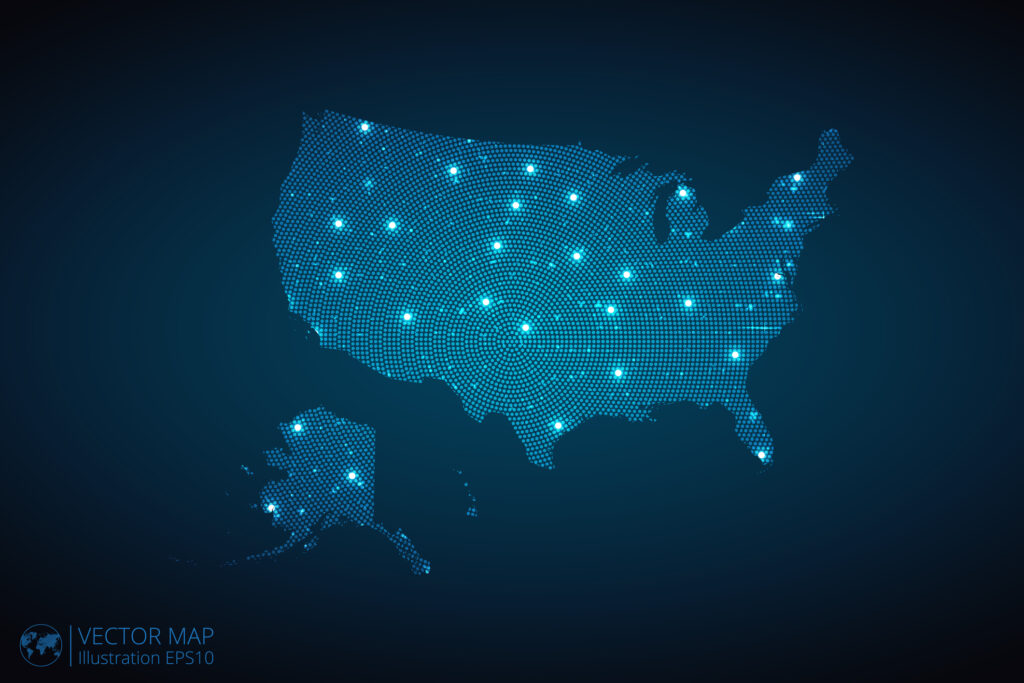The 2009 Oregon legislative session opened with a call from Gov. Ted Kulongoski (D) for $2 billion more in taxes and fees.
The $2 billion would come mainly from three sources, according to the governor’s proposal.
One proposed source is a $1 billion per biennium tax increase through a 2 cent increase in the gasoline tax and big increases in vehicle registration fees (200 percent), title fees (100 percent), and license plate fees (100 percent).
Another is an increase in the corporate minimum income tax, from $10 to $25 on a sliding scale up to $5,000 for gross sales more than $25 million per fiscal year. This would raise taxes another $84 million per biennium.
Third, the governor proposes a cigarette tax increase of 60 cents per pack and a 25 percent increase on other tobacco products, expected to generate $112 million more for the biennial budget.
Disregarding Bad Economy
“Do not use this legislative session to surrender to fear,” the governor said in a speech to lawmakers to open the 2009 legislative session. “Use it to redeem hope.”
Kulongoski insisted his goals can be accomplished regardless of the state’s financial problems, and he said lawmakers should find “the political courage to raise revenue” irrespective of the economic realities in the state.
The governor insists tiding over the economic recession is the ultimate goal and can be achieved only through tax increases.
More Habit than Need
Kulongoski has been a persistent advocate of tax increases since coming into office in 2003, says Chris Edwards, director of tax policy studies at the Cato Institute. In Edwards’ “Fiscal Report Card on America’s Governors: 2008,” Kulongoski was one of eight governors to receive an F.
Edwards wrote, “Even in boom years when the government is flush with cash Kulongoski has pushed for tax increases. Spending increases … have also been large.”
‘Spending, Not Revenue Problem’
Oregon state Rep. Dennis Richardson (R-Central Point) opposes the governor’s tax and fee proposals.
“Oregon has a spending problem, not a revenue problem,” Richardson said. “We have a state government that is too costly to be sustained.”
Richardson believes there is a better way to fix Oregon’s 2009-2011 budget.
“Instead of drastically raising taxes, fees, and licenses, the Oregon Legislature should redefine state government’s core principles and purposes [and] lessen the size and costs of state government by consolidating or eliminating obsolete and duplicative programs and agencies,” Richardson said.
Oregon state Rep. Matt Wingard (R-Wilsonville), agrees, saying, “Increasing taxes and fees on Oregonians is not the way out of this recession. Instead, we must stimulate private-sector investment with tax cuts or temporary tax suspensions and send a signal that we welcome private investment.”
Wingard says cutting regulatory red tape would help. “Since the state government is considering fast-tracking much of its spending plans so that projects are not delayed by bureaucratic regulation, how about granting that bureaucratic streamlining to private-sector developers?” he said.
Beyond Taxpayers’ Means
State Rep. Kim Thatcher (R-Keizer) opposes raising the corporate minimum income tax. She said, “The corporate minimum tax is more complex than it appears. It seems to me that if the 1929 Legislature realized how damaging it would be to raise the tax during the worst economic depression in history, we would be wise to follow their wisdom.”
But these views may not prevail, as Democrats hold large enough majorities in both legislative chambers to raise taxes and fees without any Republican votes.
Steve Buckstein, senior policy analyst for the Cascade Policy Institute, notes Oregon state government spending has been outpacing inflation and population increases for decades.
“If state officials had exercised restraint in the past, we would be in much better shape to weather the current recession,” Buckstein said. “Oregonians should reject calls to spend more on government now, and [should] demand that their government live within the means of its taxpayers.”
Sreya Sarkar ([email protected]) is a policy analyst for the Asset Ownership project at the Cascade Policy Institute, Oregon’s free market public policy research organization.
For more information …
Fiscal Report Card on America’s Governors: 2008: http://www.cato.org/pub_display.php?pub_id=9709



